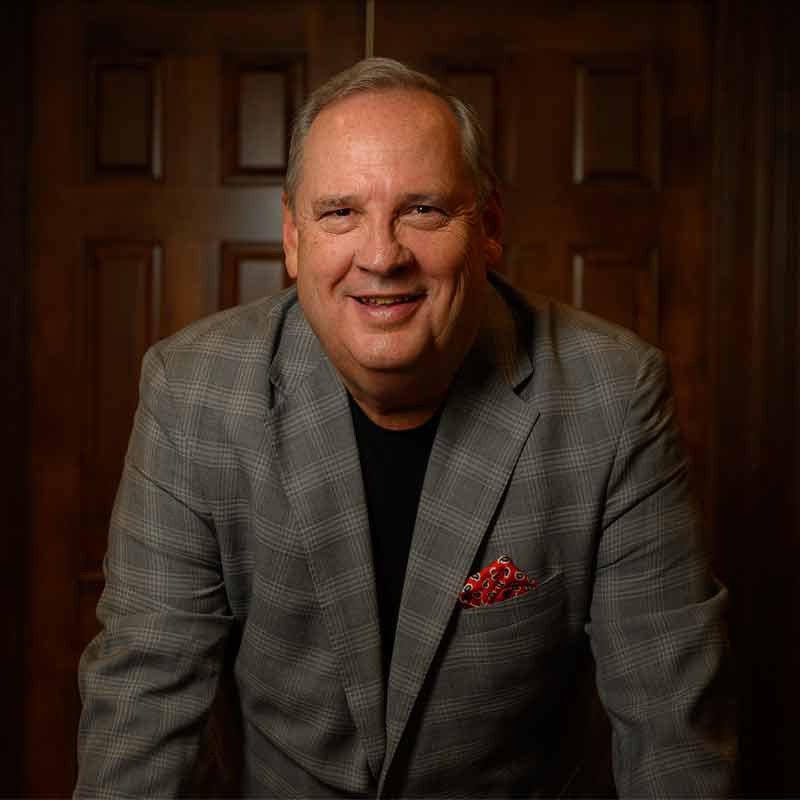Request Check Your Shocks


Whether we want to admit it or not, fear is a part of everyday life. We all experience different types of fear every day, whether it’s a fear of heights or spiders, or things more human such as losing someone close or being rejected by your peers. Our fears can be rational or irrational, obvious or subtle.
Many of us are living with fear without even realizing it. Fear can be sneaky and may creep up on us in unexpected ways. It can take hold of our lives, causing us to avoid opportunities, limit our potential, and keep us stuck in old paradigms.
The first step to overcoming fear is to admit that we are fearful. It is essential to acknowledge that fear is a human emotion that we all experience, but allowing it to control our lives can be detrimental to our growth and well-being. Once we recognize we have a fear, we can start to take steps to address it.
Fear is a natural part of the human experience, but it never has to hold us back.
Many people fear rejection because it strikes at the very core of our emotional well-being. The fear of rejection can feel like a deep sense of vulnerability, insecurity, and even unworthiness. It’s the fear of being judged and found lacking, the fear of not being accepted or loved for who we truly are. This fear can manifest in various ways, from avoiding social situations to not fully expressing our thoughts and feelings, all in an effort to shield ourselves from potential rejection.
This fear can lead to a reluctance to take risks and put oneself out there, ultimately limiting personal and professional growth.
The fear of change can feel like a deep sense of insecurity and loss of control. It may trigger a fear of failure and the unknown outcomes that change may bring. For some, just the idea of venturing into unfamiliar territory can be overwhelming and unsettling.
A fear of change can hold individuals back in various ways. When people are unwilling to embrace change, they may become stuck in routines and habits that no longer serve them. This fear commonly creates a sense of complacency, keeping individuals in situations that are less than ideal. They may settle for mediocrity or stay in unhealthy relationships or unsatisfying jobs because the fear of the unknown is greater than the discomfort of staying in familiar but unfulfilling circumstances.
While it may seem counterintuitive, a fear of success is another common psychological hurdle that can hold people back from reaching their full potential. People who fear success may feel anxious about the changes that come with achieving their goals. They might worry about how success will impact their personal relationships, their sense of self, and their ability to maintain their newfound success.
Success often comes with new challenges, risks, and responsibilities that can be overwhelming for individuals who are accustomed to routine and predictability. Similarly, achieving significant success can lead to feelings of impostor syndrome, where an individual doubts their competence and feels like a fraud.
The primal fear of uncertainty is deeply ingrained in the amygdala, the brain’s fear center, which processes emotional responses and triggers the body’s stress response system. When faced with uncertainty, the amygdala can become activated, releasing stress hormones such as cortisol and adrenaline that prepare the body for a perceived threat.
In modern times, the fear of uncertainty may manifest in situations that do not necessarily pose immediate physical threats but still trigger primal responses rooted in our evolutionary past. For instance, not knowing the outcome of a job interview, a new relationship, or a major life decision can evoke feelings of anxiety, fear, and vulnerability, mirroring the same primal responses that our ancestors experienced in the face of potential danger.
By recognizing that uncertainty triggers a survival response wired deep within our brain, individuals can cultivate self-awareness, self-regulation, and resilience in the face of ambiguity and unpredictability.
Fear is only what you make it, and overcoming it is within your grasp. Remember that fear is a subjective emotion influenced by our perceptions and beliefs. It is possible to adopt various techniques to conquer our fears and prevent them from hindering personal growth and success. In my course, Mission Leadership, I share even more applicable ways to address fear, and I encourage you to check it out!
In my experience with fear, I believe it is essential to identify the root cause and then go forth to challenge negative thoughts, practice mindfulness, set realistic goals, visualize success, seek support, educate oneself, and celebrate progress.
By understanding that fear can be managed and conquered, we can develop the resilience and courage needed to confront our fears, step out of our comfort zones, and pursue our dreams with confidence and determination.
Remember: fear is not a barrier; it is an opportunity.
Are you ready to face fear head-on? Join our exclusive list for details on Turn Your Fear Into Fuel, my new book coming out soon that aims to empower leaders like you to conquer your fears and unleash your true potential.

You know, it would be a real shame if I’d come this far without picking up a few lessons along the way. Without the wisdom passed down from the incredible mentors I’ve had, I might not have made it here at all. I have been fortunate to learn from some of the best, and...

I doubt you’ll read these first few lines and think that doubt is anything good or useful. As a society, we have been taught that it’s not a positive thing. It has a negative connotation in just about every use of our language. From self-doubt to doubting others and...

Time takes time. It’s one of those annoying truisms that leaves you saying, “Well, duh.” In this case, the first mention of “time” in the saying really means progress. So, we can translate that sentence to read, progress takes time…well, duh. I joke, of course, but...

Fear and I have been constant companions for quite some time. Initially, our relationship was far from friendly. He would show up unannounced, interrupt conversations, and offer unsolicited perspectives on my life. Just the other day, Fear made an unexpected visit in...

“The scarcest resource in the world is not oil, it’s leadership.”
As Co-CEO of the largest independent financal services company in North America, John Addison’s skill as a leader was tested and honed daily. He retired in 2015 after taking the company and it’s people to massive heights. He’s just not done helping people get to the top. Today, he’s at the helm of Addison Leadership Group, INC working daily to mentor and educate new leaders.

0 Comments